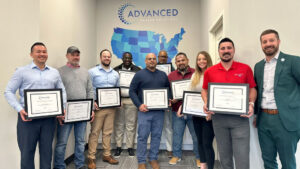When members of Congress travel to Oklahoma this week, we hope they hear one message loud and clear: The IRS needs to stop targeting honest small-business owners and farmers who use the 831(b) tax code, also known as Captive Insurance.
Small businesses around the country successfully protect themselves through this tax code, helping them through events and financial losses that traditional insurance does not cover. But now, those small businesses are being forced to hire lawyers to defend themselves from the IRS, which has unfairly singled them out.
This issue directly affects the Modoc Nation, where some providers of 831(b) captives are domiciled. Fees paid to those plans help benefit the Modoc Nation’s wide range of social assistance for our members, such as child care assistance, scholarships for higher education, and improved housing. With our commitment to conservation, we’ve also reintroduced a herd of 200 bison to the Modoc range.
We’re proud to help facilitate 831(b) captives and know organizations need to mitigate unforeseen risks. This was no more apparent than during the COVID-19 pandemic when organizations faced unprecedented financial challenges.
Unfortunately for many, traditional insurance plans did not cover the wide range of business disruptions and expenses the pandemic brought.
This is where the 831(b) tax code comes in. Congress showed foresight nearly four decades ago when it created 831(b), a special section of the tax code that allows individuals and small businesses to set aside tax-deferred funds for unforeseen or catastrophic events.
This tax code can provide risk coverage not normally available in the traditional insurance market. For instance, an 831(b) captive can help when unpredictable events hit — such as the avian flu, which recently devastated the poultry and egg industries, or prolonged downturns in the oil and gas markets.
Similar to 401K individual retirement accounts, an 831(b) captive allows business owners to put aside pre-tax dollars that can be used to cover unforeseen business disruptions in the future.
This form of self-insurance enables small- to mid-sized businesses to sustain cash flow, generate investment income, and alleviate the burden from losses. During the COVID-19 pandemic, 831(b) captives helped small businesses navigate widespread business and supply chain interruptions.
Unfortunately, the IRS has recently taken a different view of 831(b) captives. This has been especially true since 2016 when the agency began a systematic campaign of audits relating to the 831(b) tax code.
Since then, the IRS issued confusing guidance on how 831(b) is treated for tax purposes, leaving some honest taxpayers in limbo or facing unreasonable audits and penalties. Alternatively, many small businesses are afraid to participate and use this great risk mitigation tool because of the IRS’s confusion on guidance.
Aside from its wide-ranging audit program, the IRS also imposed burdensome new reporting requirements.
The IRS has not been fair to small businesses with 831(b) captives and has made it impossible for us to follow the rules when they won’t even explain the rules they’re expected to follow.
We hope the committee will urge the IRS to end its un-American campaign against small businesses and farmers.
Original posting by The Oklahoman. https://www.oklahoman.com/story/opinion/columns/2023/03/06/guest-irss-guidelines-on-captive-insurance-leave-some-in-limbo/69971204007/






